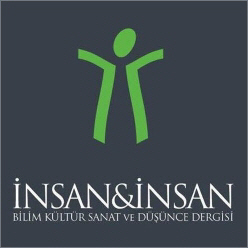Doğa Başar Sarıipek / Gökçe Cerev / Emine Elif Ayhan
Abstract: Especially last two years of our lives have passed under the influence of a virus. With the rapid spread of this virus, a pandemic period has occured all over the world. As a result of death cases, quarantine and isolation perocesses were experienced. It has been announced that the number of people who have died since the begining of the pandemic has been very high. Although humanity has made progress in many areas, it remains helpless in the face of disease and epidemic. This epidemic situation affects the society negatively in many ways. One of the negative aspects of the pandemic is the concept of uncertainty. People are affected by uncertain situations in their lives and show intolerance on uncertainty. Emotional, cognitive and behavioral reactions to situations created by uncertainty are explained as intolerance of uncertainty. In this study, it is aimed to draw attention to the importance of intervention programs by emphasizing the negative reflections of the psychological effects of intolerance of uncertainty in the pandemic process on the society after the pandemic.
Keywords: COVID-19, Post-pandemic, Uncertainty, Intolerance of uncertainty, Society
Doğa Başar Sarıipek / Gökçe Cerev / Emine Elif Ayhan
DOI: 10.29224/insanveinsan.1189607
Year 10, Issue 35, Winter 2023

Tam metin / Full text
(Turkish)

This work is licensed under a Creative Commons Attribution-NonCommercial 4.0 International License.
